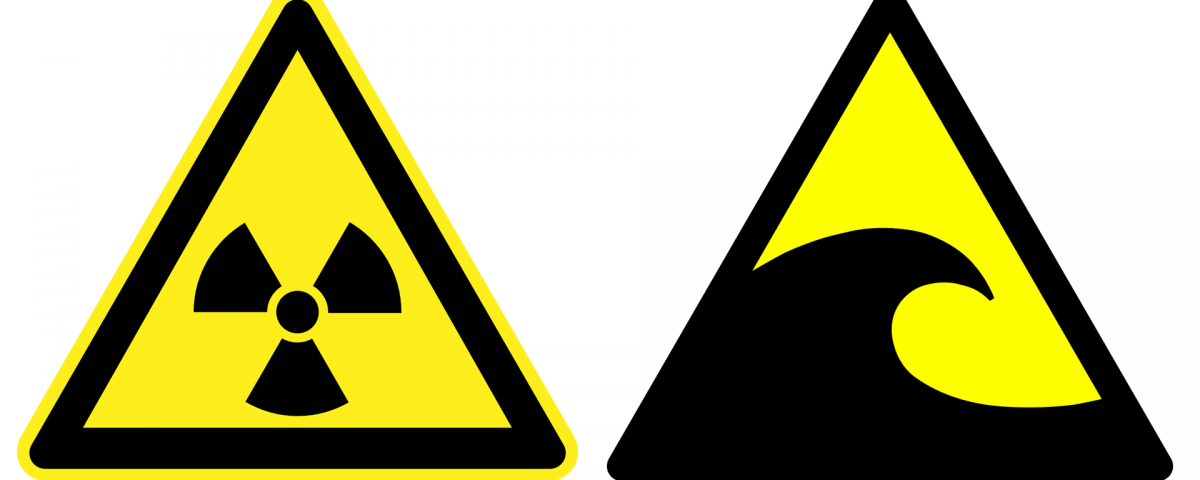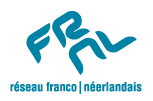Master class Franco-Néerlandaise: La gestion du risque – Marseille – 20/10/2017

Contexte
Dans le cadre de sa mission de renforcement de la coopération franco-néerlandaise dans le domaine de l’enseignement supérieur et de la recherche, la Nuffic et le Réseau Franco-Néerlandais s’associent au Service des relations internationales de l’Ecole Centrale de Marseille pour organiser la première édition d’une série de Masterclass, proposant un travail de vulgarisation scientifique intelligente.
Principe
Créer, autour d’un thème actuel de nos sociétés civiles, une plateforme concrète de dialogue entre chercheurs et étudiants des deux pays et issus de laboratoires de recherche et d’universités travaillant dans le même secteur. Le sujet choisi est abordé sous deux angles. Chaque angle est plus spécifiquement relié à l’expertise et/ou à l’actualité de l’un des deux pays ; l’ensemble offre – dans un contexte franco-néerlandais – une vision complémentaire de la problématique choisie.
Déroulé
Deux interventions d’experts permettent de poser les données du sujet abordé, deux ou trois questions en découlant servent de déclencheurs au débat et à la réflexion des étudiants, répartis en petits groupes de travail. En fin de journée, ces derniers exposent le fruit de leurs échanges et bénéficient d’un feed-back de leurs encadrants. La journée ainsi partagée a bien entendu également comme but de permettre à ces jeunes chercheurs de nouer des contacts à l’international et de saisir des opportunités de collaboration avec des laboratoires de recherche des pays voisins.
La langue de travail est l’anglais et les éléments de conclusion sont mis en ligne.
Sujet de l’édition 2017: La notion de risque, déclinée sur deux domaines particuliers
- celui du nucléaire. Intervenant français de l’Institut de Radioprotection et de Sûreté Nucléaire
- celui de l‘eau. Intervenant néerlandais de la TU Delft.
Programme
9h30 Accueil café | thé
10h Session I
Accueil et introduction des intervenants par Christophe Pouet, directeur RI Ecole centrale Marseille
Présentation/but du projet “Masterclass fr|nl” par Anièce Lawniczak Nuffic & Christiaan Seeman RFN
Exposé des deux experts et premier échange avec l’auditoire
12h30 Déjeuner sur place
13h30 Session II
Énoncé des 2 ou 3 études de cas. Formation des groupes de travail
Travail des étudiants en autonomie. Préparation d’un pitch par groupe.
+15h30 Présentation des réflexions de chaque groupe
Feed-back & formulation d’éléments de conclusion.
16h15 Clôture
Intervenants 2017
Technical management of a nuclear crisis
Jean-Michel Métivier. Institut de Radioprotection et de Sûreté Nucléaire (IRSN), Laboratoire d’étude et d’expertise sur la radioactivité de l’environnement (LEREN). Manosque.
Summary: In the nuclear domain, as in all industrial activities, the occurrence of an accident cannot be excluded. The danger and the associated risk therefore require important efforts to analyze the operating facilities in order to improve the nuclear safety but also to propose and apply emergency plan in case of nuclear accident.
IRSN contributes to the management of a nuclear crisis by providing guidance to public authorities on the technical, public health and medical measures to be taken to protect the population, workers and the environment, while restoring safety at facilities. In case of severe accidents, IRSN can activate its Technical Crisis Center gathering a team of experts that can transmit technical advice and information to public authorities.
This talk is devoted to several examples of expertise coming from technical crisis exercises but also from the Fukushima-Daiichi accident.
Flood Risk Management in the Netherlands
Matthijs Kok. Delft University of Technology, Faculty of Civil Engineering and Geosciences (CEG), Department of Hydraulic Engineering, Postbus 5048, 2600 GA Delft, the Netherlands
Summary: About 60% of the Netherlands can be flooded from the sea, rivers or lakes, with water depths varying from 1 to 5 meters. This can cause loss of life and huge economic damage. Flood risk in the Netherlands. Basically, there are two types of decision problems in this context. First, we have the question of ‘acceptable risk’. That is the question ‘how safe is safe enough’. The main answer to this answer is huge protection against catastrophical flooding. Flood risk is organized in such a way that the individual loss of life risk is lower than 10-5 per year. In order to achieve this, the failure probabilities of flood defences must meet certain standards. But, of course, spatial planning and evacuation can also contribute to reduction of risk. Second, if there is a flood threat because of an extreme weather event, emergency response measures have to be taken and communication has to be started up. An important measure is evacuation of the people living in the threatened area. But because of the short warning times, especially along the sea, only a small portion of the people can be evacuated.
During the lecture, examples will be given of major international floods and the new flood risk policy in the Netherlands.
Public
Profils : Étudiants niveaux master. Doctorants
Formations et institutions :
France
- Master à dominante scientifique, plus particulièrement Mathématiques appliquées, Mécanique, Energie, Physique
- Laboratoires de l’Ecole Centrale de Marseille ou d’Aix-Marseille Université
Pays-Bas
- TU Delft – Faculty of Civil Engineering and Geosciences, Hydraulic Engineering Dept. Equipe Prof. dr. M.Kok
- Radboud University – Environmental Science and Policy. Equipe Prof. dr. P. Leroy (sous-réserves).
Contact
Anièce Lawniczak – Nuffic, La Haye – alawniczak@nuffic.nl – +31 (0)6 24 85 94 10
Emmy Arts – Ecole Centrale Marseille – emmy.arts@centrale-marseille.fr – +33 (0)4 91 05 47 85
Christiaan Seemann – RFN, Lille – christiaan.seemann@univ-lille3.fr – +33 (0)3 20 41 73 62
